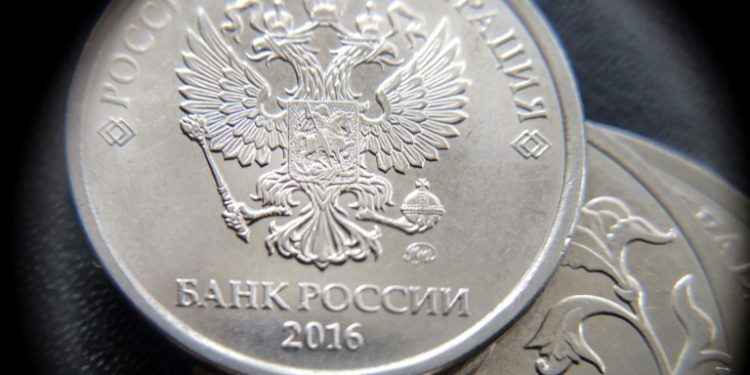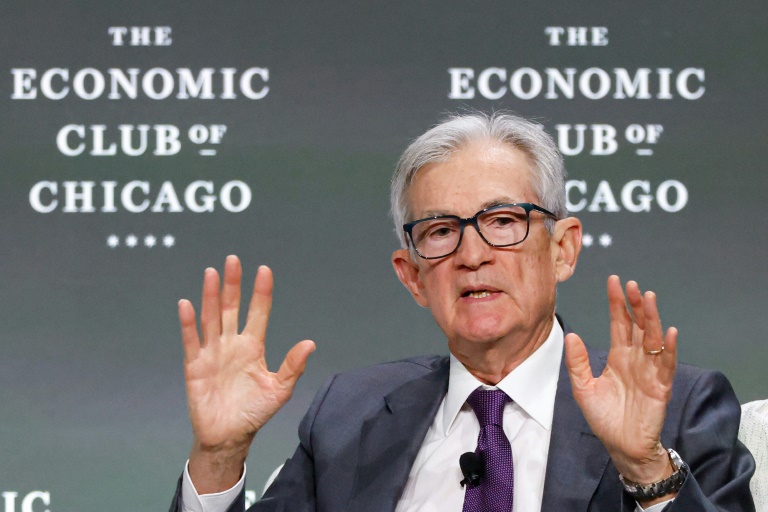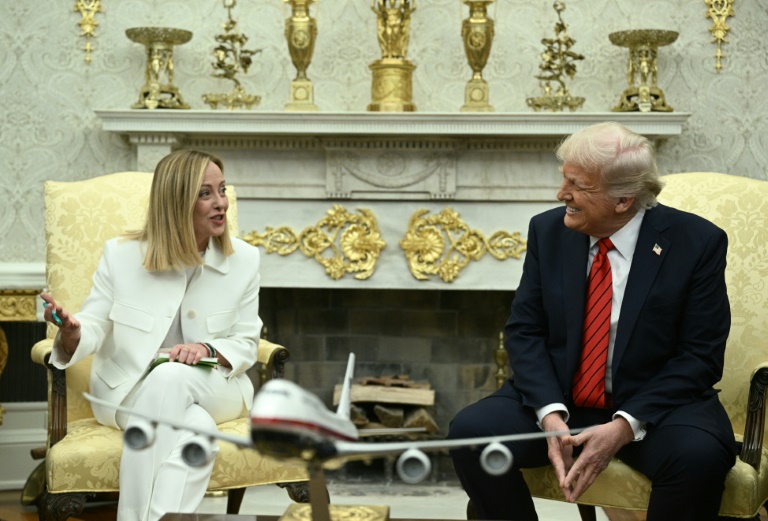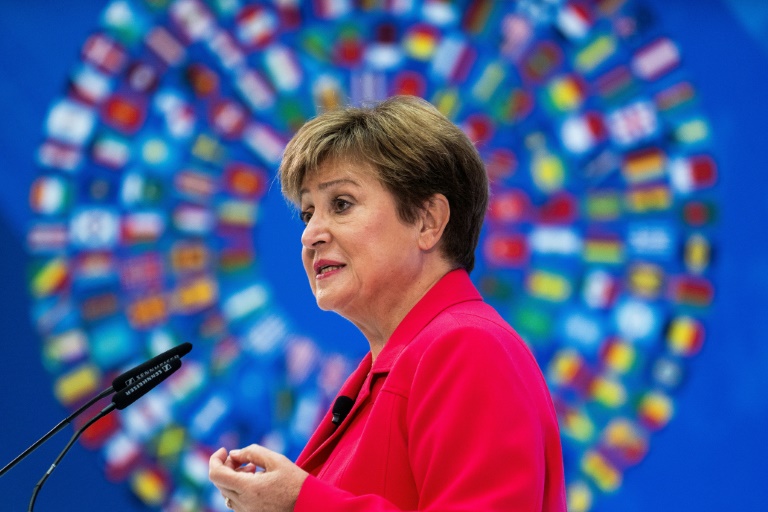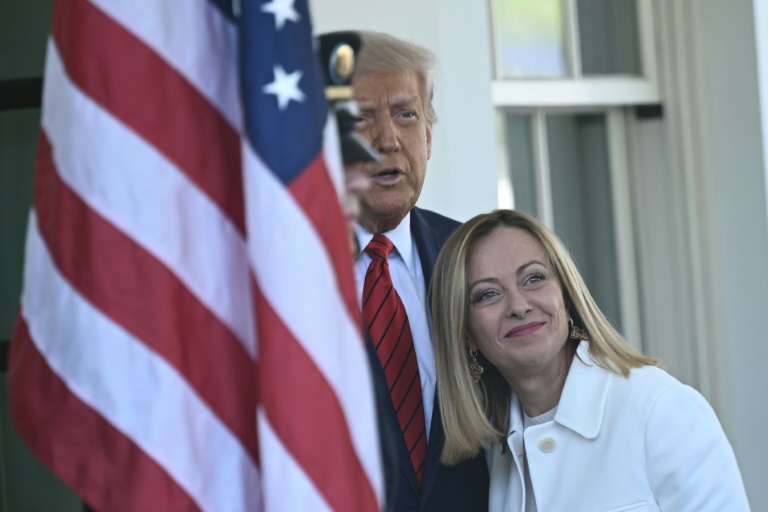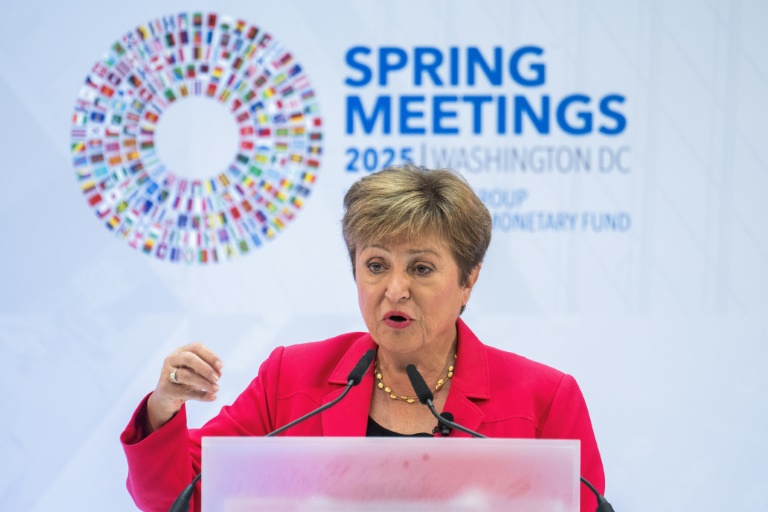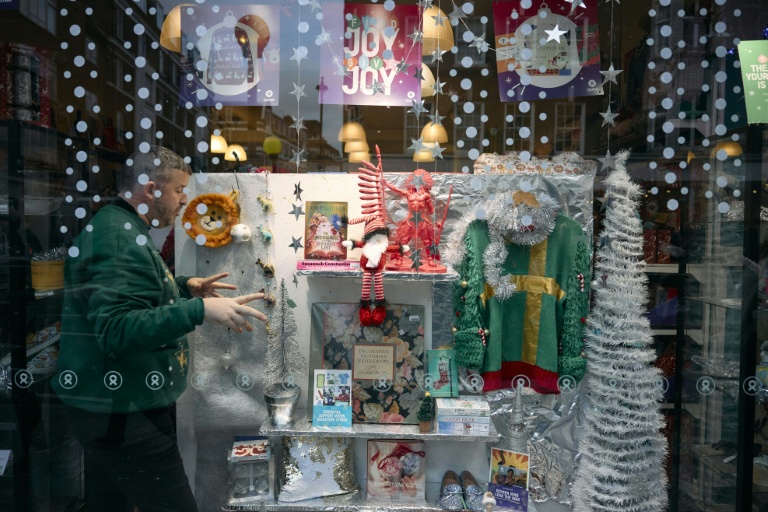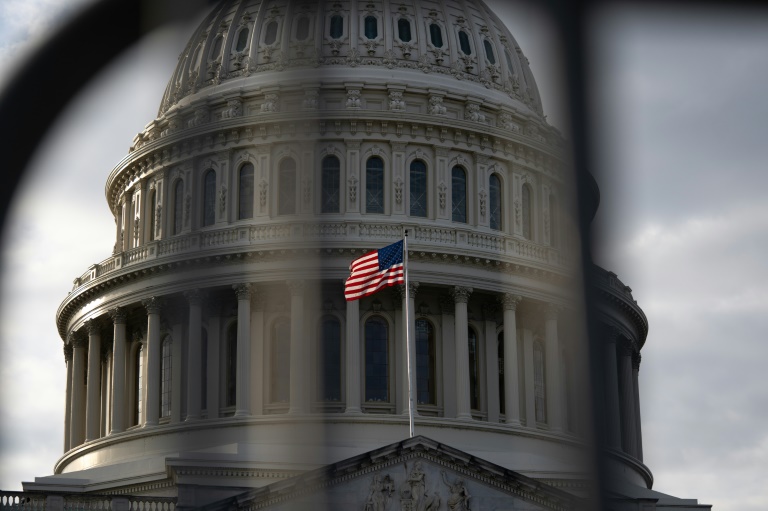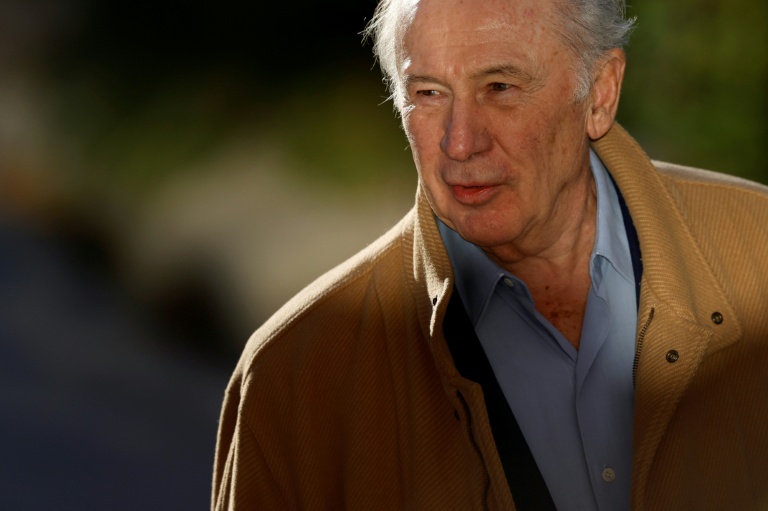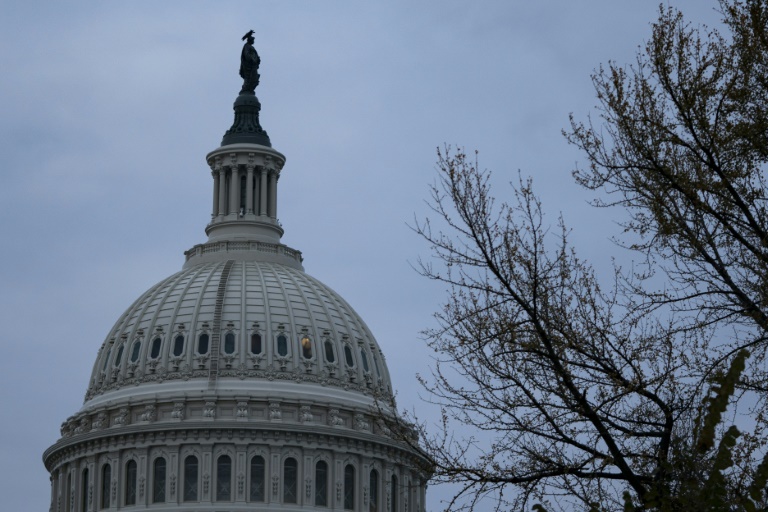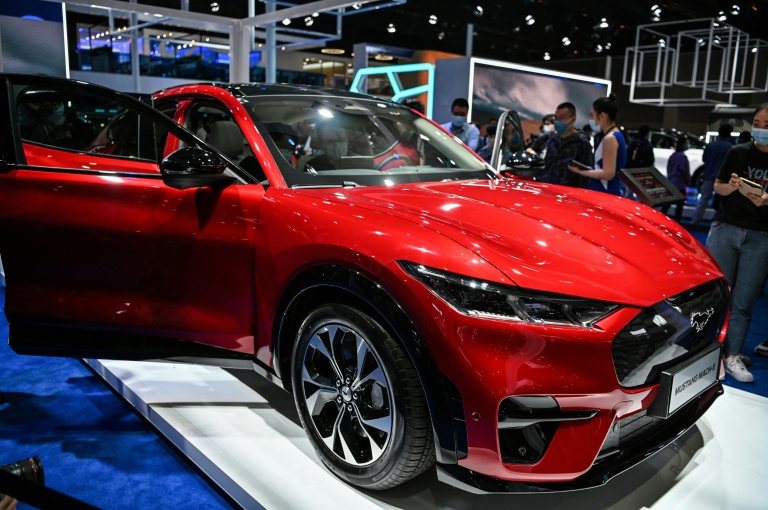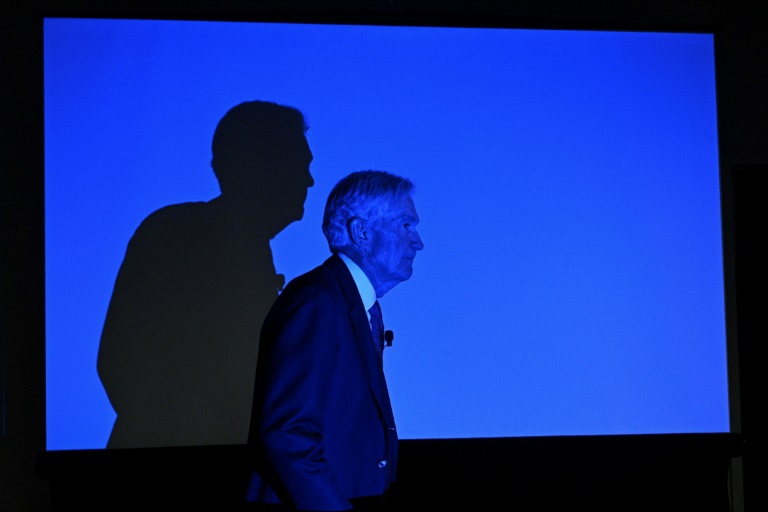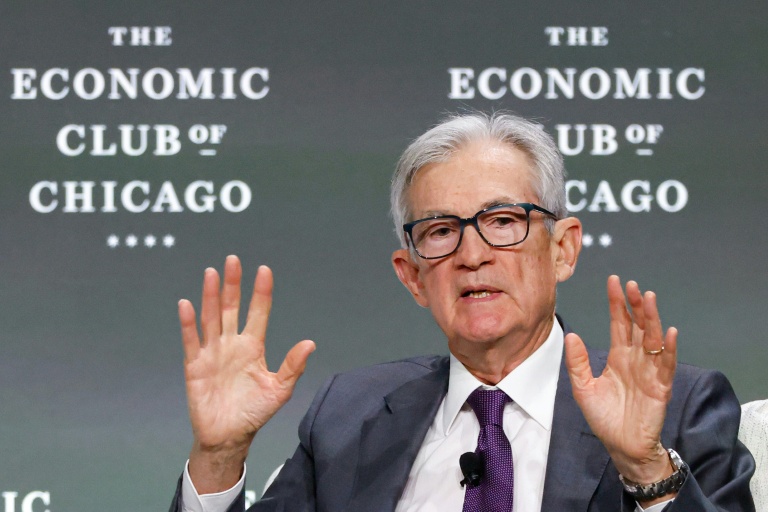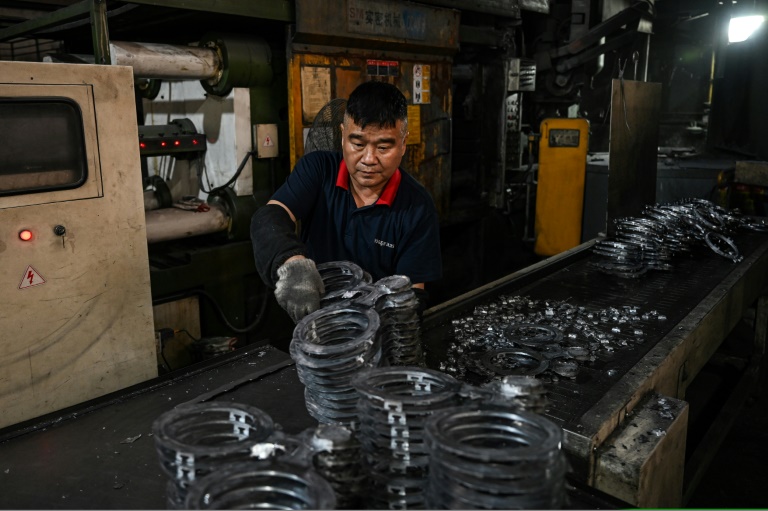Moscow (AFP) – Russia’s central bank kept interest rates at 21 percent on Friday despite surging inflation, a surprise decision that follows criticism from the country’s political and business elite over the effects of higher borrowing costs on the economy. Moscow has struggled to rein in inflation, which has soared during the Kremlin’s almost three-year offensive in Ukraine. Prices are rising fast across the Russian economy, pushed up by massive government spending on the military campaign and deep labour shortages.
Most economists had expected a rate hike to be announced Friday, but the bank appeared to have heeded harsh criticism by Russia’s business and political establishment, most of which does not want to see them rise further. The “unexpected” decision could show the central bank is “putting on a brave face amid unsustainable political pressure,” said Alexander Kolyandr, a researcher at the US-based Center for European Policy Analysis. “The test for the regulator’s independence — so far preserved by the Kremlin — will come at the next rate meeting,” he told AFP. This is set to be held on February 14, days before the third anniversary of Moscow’s Ukraine offensive.
At his year-end press conference on Thursday, President Vladimir Putin had said he hoped the central bank would make a “balanced” decision that would “meet the demands of today.” He also said price rises were “unpleasant and bad,” but the sanctions-hit economy was stable. Over the last 18 months, the central bank has hiked rates aggressively in the face of a slumping currency and stubborn price rises. Central bank chief Elvira Nabiullina said at a press conference on Friday that the economy was already seeing “harsh monetary and credit conditions that should ensure the slowing of inflation in the coming quarters.” Lending growth rates fell sharply in November, and the central bank needs time to see if this trend becomes long-lasting, Nabiullina said. “Therefore we paused raising the interest rate,” and at the next meeting “will assess the expediency of raising it further,” she said. Annual inflation is estimated to have increased to 9.5 percent as of December 16, more than twice the government’s four-percent target.
The Russian economy is facing a cocktail of headwinds as its offensive on Ukraine nears the three-year mark. The central bank has predicted a sharp slowdown in growth next year — to below 1.5 percent, from over 3.5 percent this year. Alongside high inflation and labour shortages, Western sanctions have sent the value of the ruble plunging, and growth is set to slow next year. That has raised concerns about the possibility Russia could see a period of stagflation — low growth and high interest rates — something economists see as tricky for policymakers to deal with.
High interest rates have so far had only limited impact in bringing down prices but have triggered a backlash among borrowers and businesses. “The economy can’t survive like this for long,” German Gref, CEO of Russia’s largest lender, state-run Sberbank, said this month. Even Putin’s closest allies have complained. Sergei Chemezov, head of the Rostec military-industrial conglomerate and a close friend of the president, described interest rates above 20 percent as “madness.” Nabiullina on Friday defended the central bank, saying it “takes decisions based on our assessment of the situation and our forecast.”
“It’s not immediately obvious that the central bank’s decision today was driven by external pressure on policymakers, but it’s worth noting that criticism against aggressive monetary tightening has increased recently,” said Liam Peach, senior emerging markets economist at London-based research group Capital Economics. “This will be something to watch in the coming months if the central bank becomes a bit less responsive to the latest inflation developments,” Peach said.
© 2024 AFP

